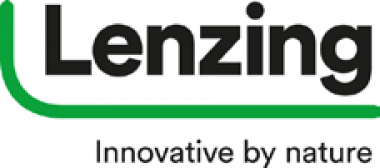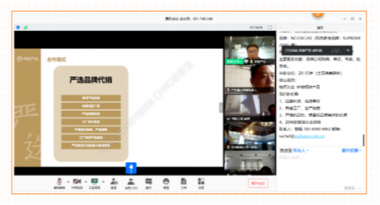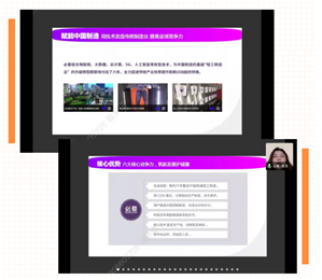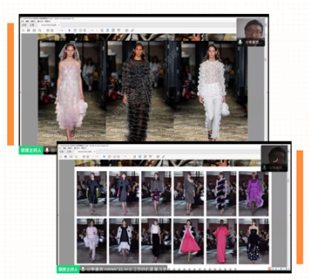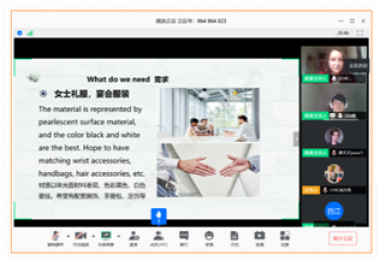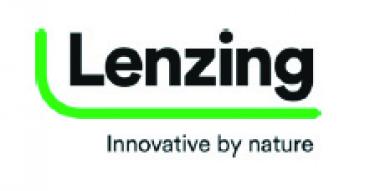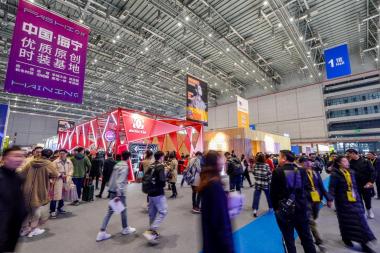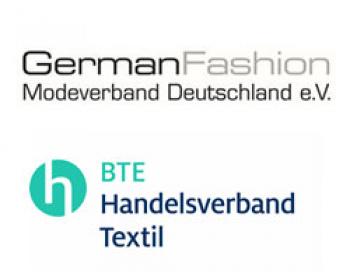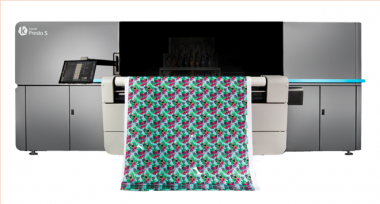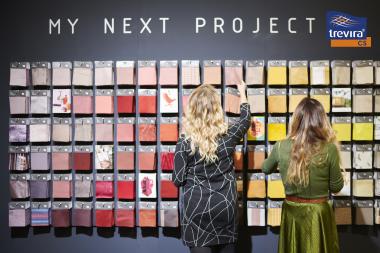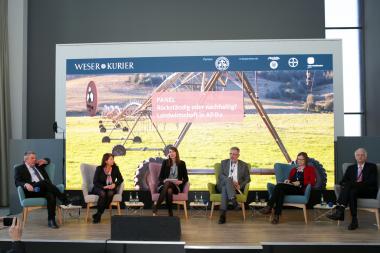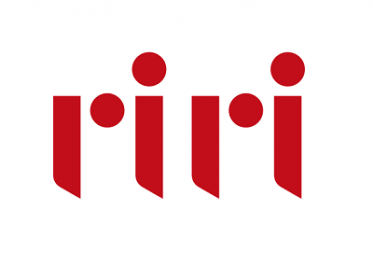PCMC Signature Series (380V-s) wide-web press installed at J.J. Collins Printers
Modernized press eases digital printing conversion, signals new era for PCMC and RDP Marathon
Paper Converting Machine Company (PCMC)—part of the Barry-Wehmiller Converting Solutions Platform announced the recent installation of the new Signature Series (380V-s) wide-web, high-speed offset press at J.J. Collins Printers in Charleston, Illinois.
The 380V-s is the first in the series that is replacing the 380V press series, long highly regarded by printers in the longrun documents and high-end promotional graphics markets. The new design incorporates the latest in internet connectivity and touchscreen technology, and allows for easy integration with full or hybrid digital printing.
Designed by RDP Marathon, a recent acquisition of PCMC, the 380V-s represents PCMC’s expansion into providing equipment and services to the offset printing industry. Backed by PCMC’s global sales, manufacturing and service support, RDP Marathon will continue to maintain a sharp focus on innovation. J.J. Collins Printers—already using an RDP Marathon model 260P blanket-to-blanket, heat-set press for its high-end commercial products—has been providing innovative print solutions since 1878. Its commitment to using state-of-theart pre-press, press and bindery equipment has ensured the company's position as a leader in the print manufacturing industry.
In addition to the 380V-s, PCMC continues to develop new technologies and applications for a variety of print markets.
Paper Converting Machine Company




